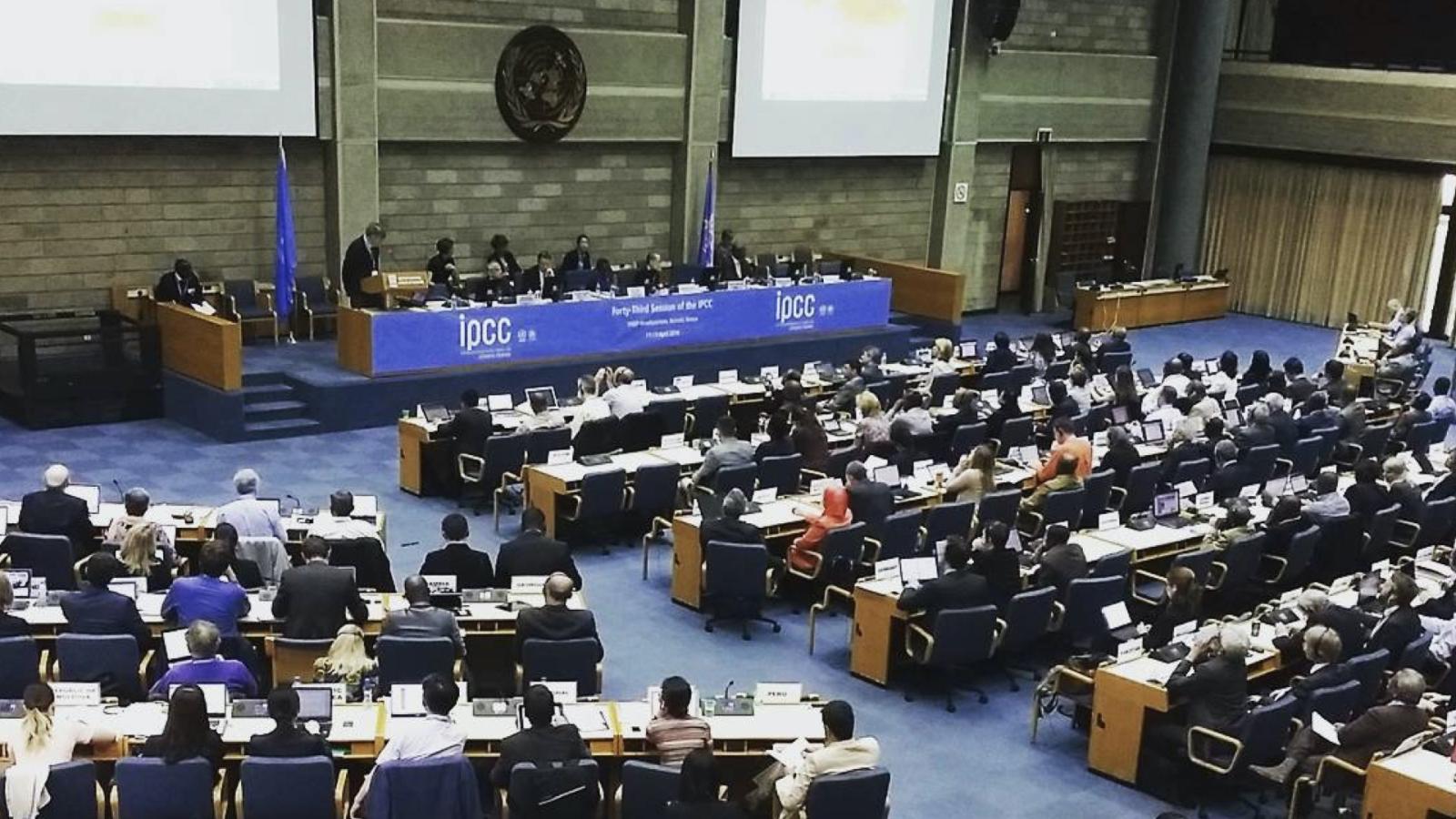Partendo dal caso dell’IPCC cercheremo di capire come si forma il consenso tra esperti all'interno della scienza del clima e quali siano i suoi risvolti comunicativi e politici. Lo facciamo insiema a Sandro Fuzzi, associato di Ricerca dell’Istituto di Scienze dell’Atmosfera e del Clima del Consiglio Nazionale delle Ricerche (CNR) di Bologna e Antonio Navarra, presidente del CMCC (il Centro Euro-Mediterraneo sui Cambiamenti Climatici) e professore ordinario all’Università di Bologna presso il Dipartimento di Scienze biologiche, geologiche e ambientali.
Interviste e montaggio: Benjamin Cucchi. Sigla: Jacopo Mengarelli.
Fonti e crediti
The Consensus Handbook. Why the scientific consensus on climate change is important, John Cook, Sander van der Linden, Edward Maibach e Stephan Lewandowsky
The sound of skeptics, Jeremy Hoffman
The Evolution of Communicating the Uncertainty of Climate Change to Policymakers. A Study of IPCC Synthesis Reports, Tomas Molin e Ernest Abadal
Reliable Knowledge. An Exploration of the Grounds for Belief in Science, John Ziman
Tried to tell you, The Weather Station
Climate Change Debate: Last Week Tonight with John Oliver
Climate Quest, Earth Games
Deal: A Green New Election, Earth Games
Is the IPCC Government Approval Process Broken?, Robert Stavin
IPCC authors discuss how science meets politics in the latest summary for policymakers, Roz Pidcock
The tragedy of climate change science, Bruce Glavovic, Timothy Smith e Iain White




